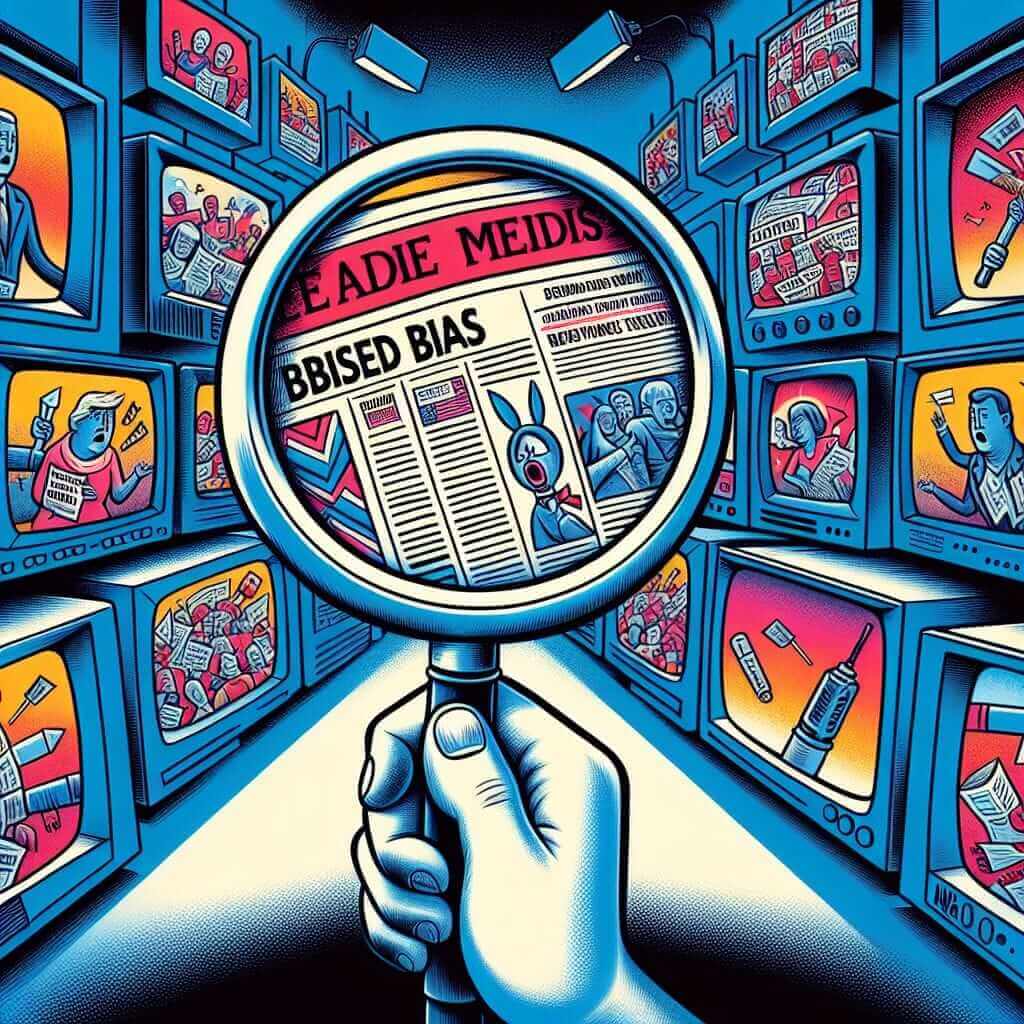“The influence of media bias on public opinion” is a topic frequently appearing in the IELTS Writing Task 2. This significant theme explores how media outlets, with their inherent biases, can shape public perception and viewpoints. In an era dominated by information consumption, understanding this influence is crucial for IELTS test-takers. This article delves into the intricacies of this topic, provides useful vocabulary, and offers a model essay to help you excel in your IELTS writing.
IELTS Writing Task 2 Sample Questions
This theme commonly appears in opinion-based essays, requiring you to present your viewpoint with supporting arguments. Here are some questions asked in the past:
- To what extent do you agree or disagree that media bias strongly influences public opinion?
- Some people believe that media bias is inevitable and unavoidable. Discuss both views and give your own opinion.
- What are the positive and negative impacts of media bias on public opinion?
These questions have consistently appeared in IELTS exams over the years, indicating their relevance in current affairs. It is highly likely that variations of these questions will continue to surface in future exams.
Model Essay: Media Bias and Public Opinion
Let’s craft a model essay for the first question:
To what extent do you agree or disagree that media bias strongly influences public opinion?
Essay Analysis
This question calls for a clear stance on the extent to which you agree or disagree with the statement. You need to discuss both sides of the argument while providing clear justifications for your opinion.
Model Essay
It is an undeniable fact that the media plays a pivotal role in shaping public opinion. However, the extent to which media bias influences this process is a subject of much debate. While I acknowledge that media outlets can sometimes present a skewed perspective, I firmly believe that other factors play a more significant role in shaping individual viewpoints.
On the one hand, media bias undoubtedly exists. News outlets often have their own political leanings or commercial interests, which can influence their reporting. For instance, a media conglomerate owned by a corporation with vested interests in the oil industry might downplay the urgency of climate change. Such biases can subtly sway public opinion by selectively presenting information or framing it in a particular light. Moreover, the increasing use of sensationalized headlines and emotionally charged language can further exacerbate this influence, leading to a distorted perception of reality.
On the other hand, attributing excessive power to media bias undermines the critical thinking abilities of individuals. In today’s digital age, people have access to a plethora of information sources. They can cross-check facts, compare different perspectives, and form their own informed opinions. The rise of social media has further empowered individuals to challenge mainstream narratives and engage in critical discourse. Additionally, factors like personal experiences, cultural background, and education play a crucial role in molding individual beliefs and values, often overshadowing any potential influence of media bias.
In conclusion, while acknowledging the potential of media bias to influence public perception, I believe that its impact is not as pervasive as some might suggest. Individuals today are more discerning consumers of information and rely on a multitude of factors beyond media narratives to form their own opinions.
Word count: 298 words
Key Points to Note:
- Structure: The essay follows a clear structure – introduction, body paragraphs presenting both sides of the argument, and a conclusion.
- Vocabulary: The essay utilizes a range of vocabulary related to media and influence, such as “media outlets,” “political leanings,” “commercial interests,” “skewed perspective,” “sensationalized headlines,” and “critical discourse.”
- Grammar: The essay demonstrates a good command of grammar, using complex sentences and a variety of grammatical structures.
- Coherence and Cohesion: The essay flows smoothly, with clear transitions between paragraphs and ideas.
- Task Achievement: The essay directly addresses the question and provides a balanced argument with clear justifications.
Difficult Vocabulary:
- Pervasive (adjective /pəˈveɪsɪv/): Spreading widely throughout an area or a group of people.
- Conglomerate (noun /kənˈɡlɒmərət/): A large corporation formed by the merging of separate and diverse firms.
- Vested Interests (noun /ˌvestɪd ˈɪntrəsts/): A personal stake or involvement in an undertaking, especially one with an expectation of financial gain.
- Exacerbate (verb /ɪɡˈzæsəbeɪt/): To make a problem, bad situation, or negative feeling worse.
- Discerning (adjective /dɪˈsɜːnɪŋ/): Having or showing good judgment.

Conclusion
Understanding the influence of media bias on public opinion is crucial for IELTS Writing Task 2. By analyzing the question, planning your essay, and utilizing a range of vocabulary and grammatical structures, you can effectively present your arguments and achieve a high band score. Remember to practice writing essays on similar topics to enhance your skills and confidence. For further practice, consider exploring related themes like:
- The role of social media in shaping political views
- The impact of advertising on consumer behavior
- The responsibility of journalists in reporting the news objectively
By exploring these interconnected themes and practicing your writing, you’ll be well-prepared to tackle any IELTS Writing Task 2 question related to media influence.